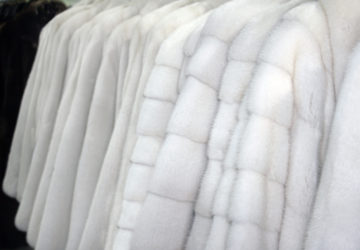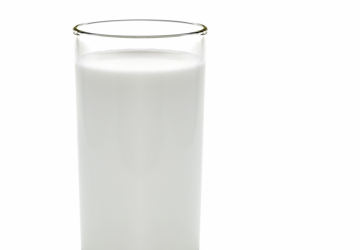 The problem with localities coming up with bad ideas is that they have an annoying tendency to spread like a disease, and the recent bozo idea of banning certain soda cup sizes started by New York City Mayor Michael Bloomberg is unfortunately no exception. Cambridge, Massachusetts has already commissioned a study of such a prohibition, and now legislators in the nation’s capital are interested in repeating Bloomberg’s mistakes.
The problem with localities coming up with bad ideas is that they have an annoying tendency to spread like a disease, and the recent bozo idea of banning certain soda cup sizes started by New York City Mayor Michael Bloomberg is unfortunately no exception. Cambridge, Massachusetts has already commissioned a study of such a prohibition, and now legislators in the nation’s capital are interested in repeating Bloomberg’s mistakes.
At a general election debate for the Washington, D.C. city council, two city councilmen endorsed the concept, and other members interviewed later expressed favorable impressions of the lousy idea. (Proposed restrictions on consumer choices in the nation’s capital aren’t new: D.C. considered a soda tax a couple of years ago.) The reasoning is the same for-the-children refrain we heard from Bloomberg: “I am open to anything that will help young people be healthier,” said one councilman.
Of course, there is no evidence that a soda ban will make anyone healthier. Bloomberg’s, which would presumably be a model for any D.C. proposal, is loaded with loopholes, from lattes to corner shops.
Even if a water-tight soda ban were possible, there’s little evidence that soft drinks—which provide only seven percent of Americans’ daily calories—are a unique cause of obesity. No wonder then that the New York Board of Health speculated during a hearing that other foods and beverages should be banned. The prohibitionist’s solution to the problems of the policy is today, as it was in the 1930s, more prohibition.
For now, a capital prohibition on sweet drinks is hypothetical. Indeed, D.C. politicians may get to see the failure of New York’s soda prohibition before they even write up a final bill. We hope they’re paying attention.




